Constitutionally, Slavery Is Indeed a National Institution
The New Republic
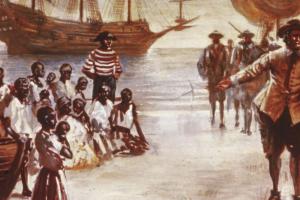 Whether or not the words “slave” or “slavery” appear in the text of the Constitution, they dominate its spirit. Slavery profoundly altered the four months of Constitutional debate with respect to how slaves would be counted for apportionment, how often the census would be taken, how a president would be elected. By the time the Constitution was signed on September 17, 1787, slavery had indeed become a national institution.
Whether or not the words “slave” or “slavery” appear in the text of the Constitution, they dominate its spirit. Slavery profoundly altered the four months of Constitutional debate with respect to how slaves would be counted for apportionment, how often the census would be taken, how a president would be elected. By the time the Constitution was signed on September 17, 1787, slavery had indeed become a national institution.

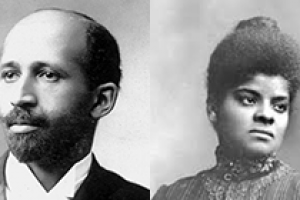


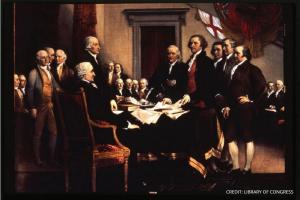
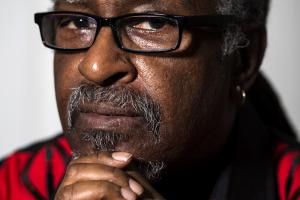
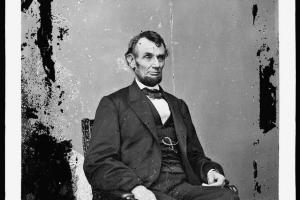

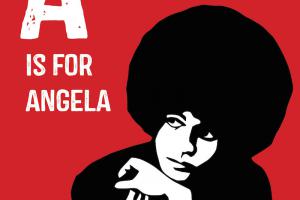
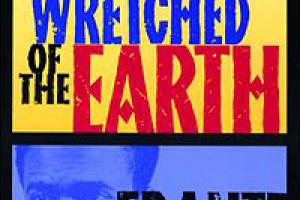
Spread the word